By Amanda Rose Newton
As the hot summer months in Central Florida begin to cool, it’s the perfect time to plan your fall vegetable garden.
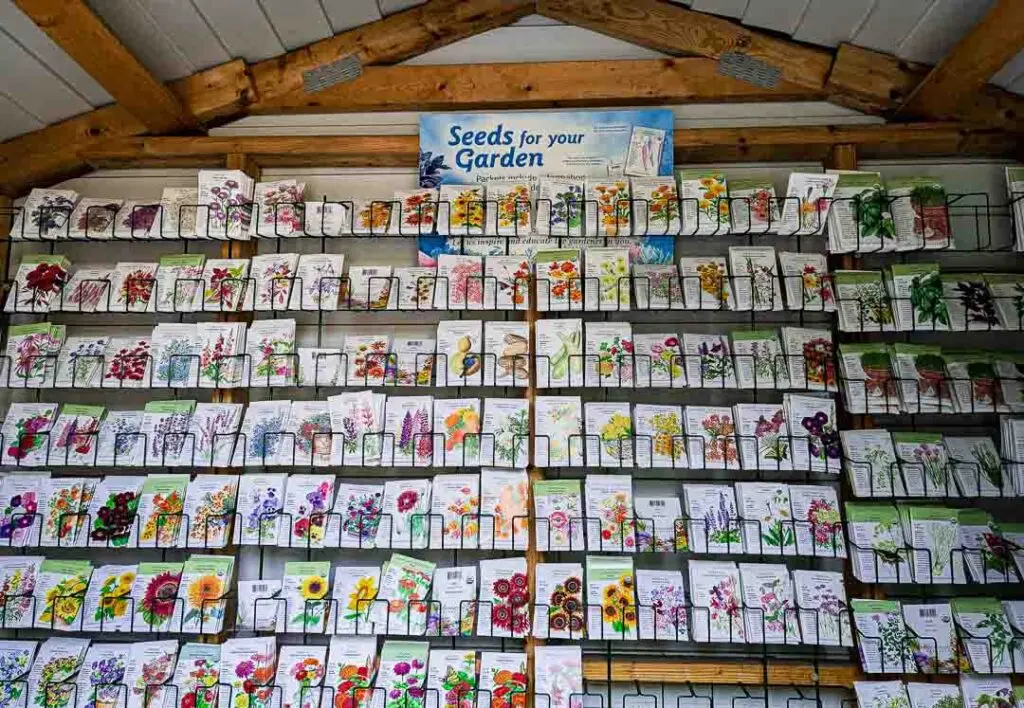
Seed starting is an excellent way to kick off your fall veggies, giving you control over what and how much you plant. In this post, we’ll dive into the best time to start your seeds, which vegetables are ideal for starting from seed, and a few key tips for successful germination.
When to Start Seeds for Fall Vegetables
Central Florida’s unique climate allows for a longer growing season, but it also means you need to time your seed starting carefully. The ideal time to begin fall seeds is mid-to-late August through early October. This timing allows your seedlings to establish before the cooler weather sets in but avoids the intense heat of midsummer.
For vegetables that thrive in cooler conditions like leafy greens and brassicas, starting them early indoors can give them a head start before transplanting outside. Some seeds can be sown directly in the garden but starting them indoors provides more control over conditions.
What Can You Start from Seed?
Here’s a list of common fall veggies that do well when started from seed in Central Florida:
Leafy Greens: Lettuce, spinach, kale, and Swiss chard are all cool-weather crops that can be started from seed. These are typically easy to germinate and can be started indoors or directly sown in the garden once temperatures dip slightly.
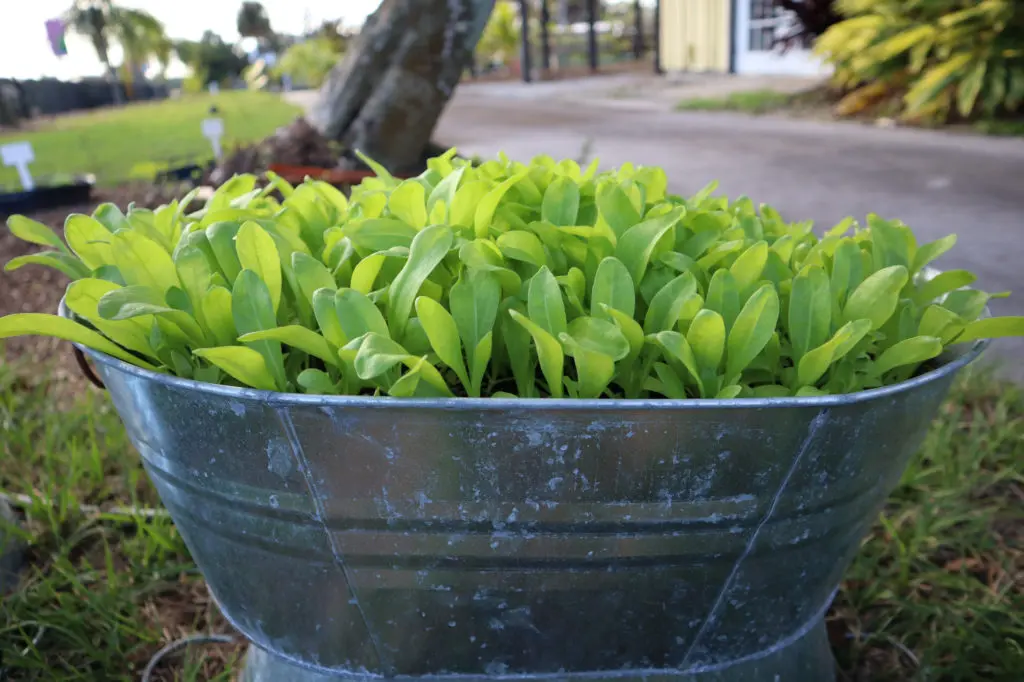
Brassicas: Broccoli, cabbage, cauliflower, and Brussels sprouts all perform well in Central Florida’s fall and winter garden. These plants benefit from starting indoors and being transplanted outdoors when temperatures are consistently cooler.
Root Vegetables: Carrots, beets, radishes, and turnips can be directly sown into the garden, as they prefer to establish their roots undisturbed. Just make sure to thin the seedlings to avoid overcrowding.
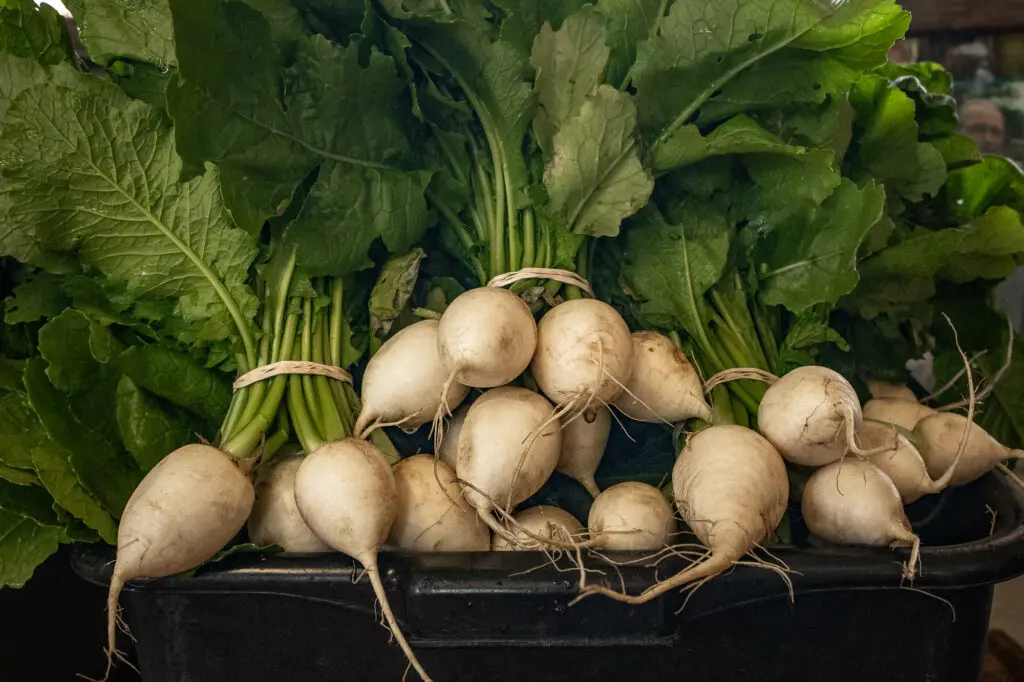
Herbs: Cilantro, parsley, and dill thrive in cooler weather. These can either be started from seed indoors or sown directly into the garden, depending on your preference.
Peas and Beans: If you’re looking for legumes, peas and bush beans are great fall crops. Start them indoors in early September and transplant them outside when conditions are right.
The Science of Germination
Germination is a fascinating process that’s essential for getting your seeds off to a good start. Several factors influence germination success, especially in Central Florida’s fluctuating fall temperatures:
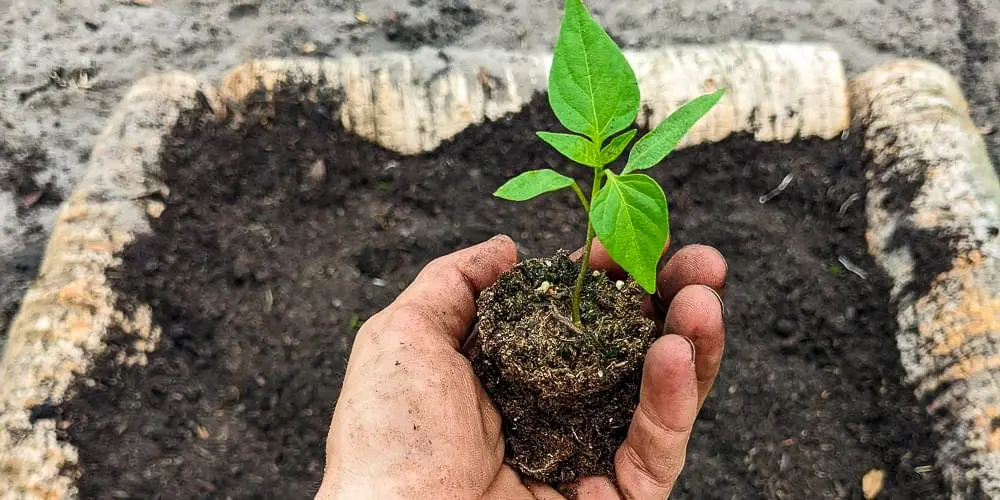
Soil Temperature: For most fall vegetables, the ideal soil temperature for germination is between 65°F and 75°F. In Central Florida, the late summer heat can make the soil too warm for cool-weather crops to germinate outdoors, which is why starting indoors can be beneficial. Use a heat mat or grow light setup to ensure consistent temperatures indoors.
Moisture: Seeds need consistent moisture to germinate. Keep the seed-starting mix damp but not waterlogged. Overwatering can lead to seed rot or fungal issues, while too little moisture will cause the seeds to dry out and fail to germinate.
Light: Some seeds need light to germinate, while others do best when lightly covered with soil. For fall vegetables like lettuce, which require light, simply press the seeds into the soil without covering them. Brassicas, on the other hand, can be covered with a thin layer of soil for best results.
Air Circulation: Good airflow helps prevent damping off, a fungal disease that can kill seedlings. Ensure your seed-starting trays are well-ventilated, and consider running a small fan on a low setting to keep the air moving around your seedlings.
Seed-Starting Tips for Central Florida
Start Indoors: Given Central Florida’s warm fall weather, starting seeds indoors in August or early September ensures better control overheat and humidity. You can move the seedlings outside once the weather cools.
Transplanting Outdoors: When the seedlings are a few inches tall and the outdoor temperatures have dropped into the 70s during the day and the 50s-60s at night, it’s time to harden them off and transplant them outside.
Watch for Pests: Keep an eye out for pests, especially as you move your seedlings outdoors.
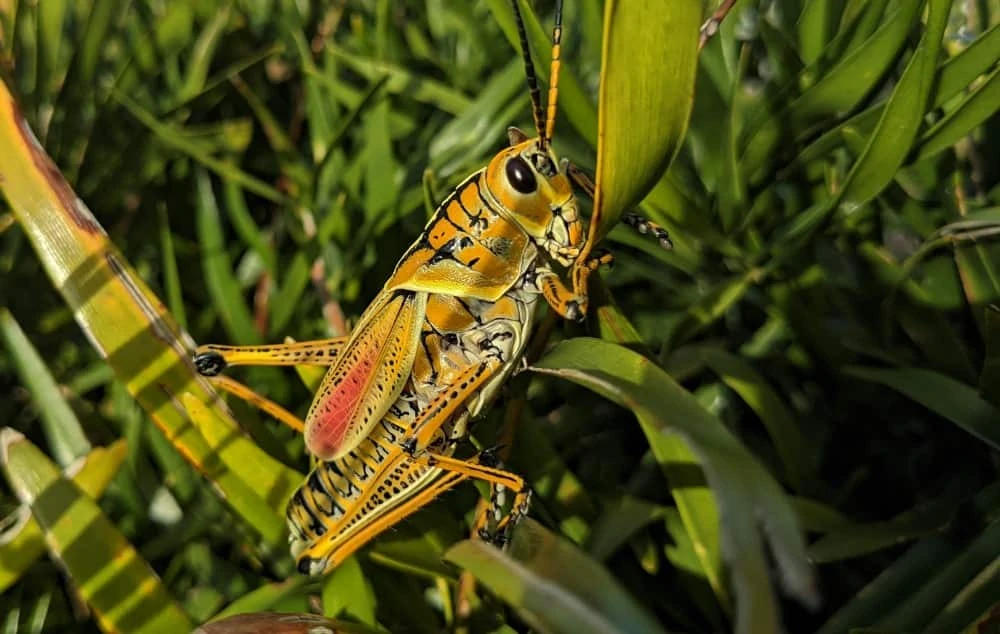
Fall in Central Florida can still have pests like aphids and caterpillars. Use natural pest control methods such as horticultural oil or insecticidal soap to protect your young plants.
Starting fall veggies from seed in Central Florida is an incredibly rewarding process. With the right timing and attention to germination factors, you’ll be able to grow a wide variety of delicious vegetables, from leafy greens to hearty root crops. By starting your seeds indoors and paying attention to moisture, light, and temperature, you’ll ensure a healthy and abundant fall garden.


